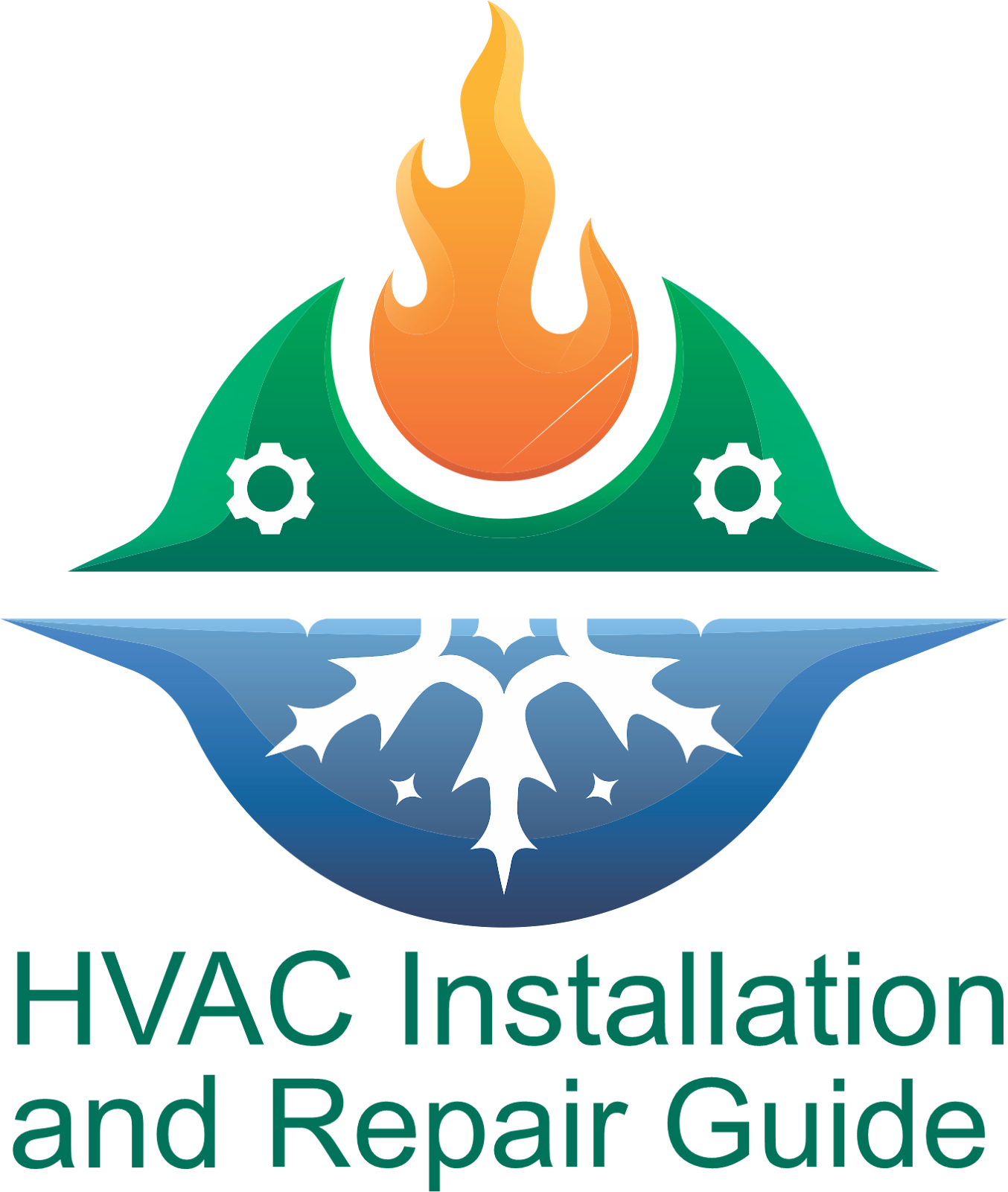Poor Water Pressure Six Reasons for the Error
This is where you should put your post's body. Edit this content by clicking on it, then substitute your words for those already present (or paste your own from a different source).
Please utilize the global color and text size options found in the Design area of the editor's left menu to change the color and size of this text.
1. Your pipes' rust
Steel, either ordinary steel or steel that has been galvanized makes up the majority of pipes. Even various metals, like copper, are used to make some pipes. These metal pipes have a lifespan of around 20 years, but they will rust over time due to natural forces. Your water supply may stop as rust and corrosion accumulate inside your pipes.
You'll need a plumber to inspect the pipes because they are the only ones who can confidently identify corroding lines. Your home's metal pipes may be rusty and obstruct water flow if you discover rust-colored or blue-and-white deposits on their exterior.
2. Water Leaks
You are aware that your home's plumbing delivers water. As a result, some water is diverted away from its original location when a pipe develops a break and leaks. Minor leaks frequently have little to no impact on your water pressure.
Your water pressure will, however, drop dramatically if the pipe has a big crack or hole in it or if many of your lines are leaky and broken.
On all the visible pipes in your building, keep an eye out for any signs of water leaks, water stains, or mold and mildew development. To identify whether your pipes are leaking, you can also look for wallpaper, paint that is bubbling or peeling, and water stains on the walls.
For example, leaks in your home's pipes can be challenging to locate. A plumber should perform a complete inspection of your home's pipes since they have the tools and expertise to spot leaks.
3. Issues with the Local Water Supply
Low water pressure sometimes indicates that your building has a plumbing problem. Instead, issues with your community's water supply can be to blame. For instance, everyone nearby will experience decreased water pressure if a water main breaks.
Ask your neighbor if they have low water pressure if you do. If so, speak with the management of your city to see if there are any main water issues.
4. Mineral and trash development
Corrosion could occur due to dirt and minerals clogging your pipes and faucets. Depending on how harmful the buildup is, you may even see deposits on the outside of your faucets and shower heads.
Try cleaning the fixtures if you have poor water pressure and mineral buildup on your faucets. Once you've given your faucets and shower heads a quick baking soda dusting, they'll be spotless. As much as you can, cover the space. Then add white vinegar to a transparent sandwich bag, lift it over the faucet, and tie it.
For the baking soda and vinegar to effectively dissolve the buildup, leave the bag on your faucets and shower heads for a few hours. Rinse the bag after removing the buildup. Call a plumber if this doesn't help your water pressure. This expert can locate and clear a clog inside your plumbing system.
5. Regional Utilization
Low water pressure may be seen in a neighborhood where several people turn on their water simultaneously.
Ask your city government what times are busiest for water usage in your neighborhood rather than calling every neighbor to see whether they are using their water and upsetting them all. Find out when water is used the least throughout the day. To see if your water pressure has improved, try using it at non-peak times.
6. Mistakes with Closed Valve
You might occasionally unintentionally turn the main shut-off valve for your building to the "off" position. The less water pressure there is in your structure, the closer it is to this position. Please verify that the main shut-off valve is fully open by going to it.
If it is open and you still have low water pressure, another problem might be at work.
Use the advice in this blog post to identify the issue if you detect low water pressure in your home. Call your plumbing specialist as soon as you can once you have identified the problem or even if you are unsure.
To ascertain the real cause of the low water pressure in your property, they will inspect it. They should make the necessary plumbing repairs or replacements to restore water pressure.
Additional advice on how to avoid future low water pressure might be obtained from your plumber. However, remember that some problems, such as a damaged pipe, might continue even in the face of your best efforts and only need a plumbing specialist to cure.
Tags
ac maintenance
ac repair
ac repair installation
ac replacement
Air Conditioner Repair
Furnace repair
Heat pump repair
HVAC Installation
HVAC repair
plumbing repair
water heater repair

